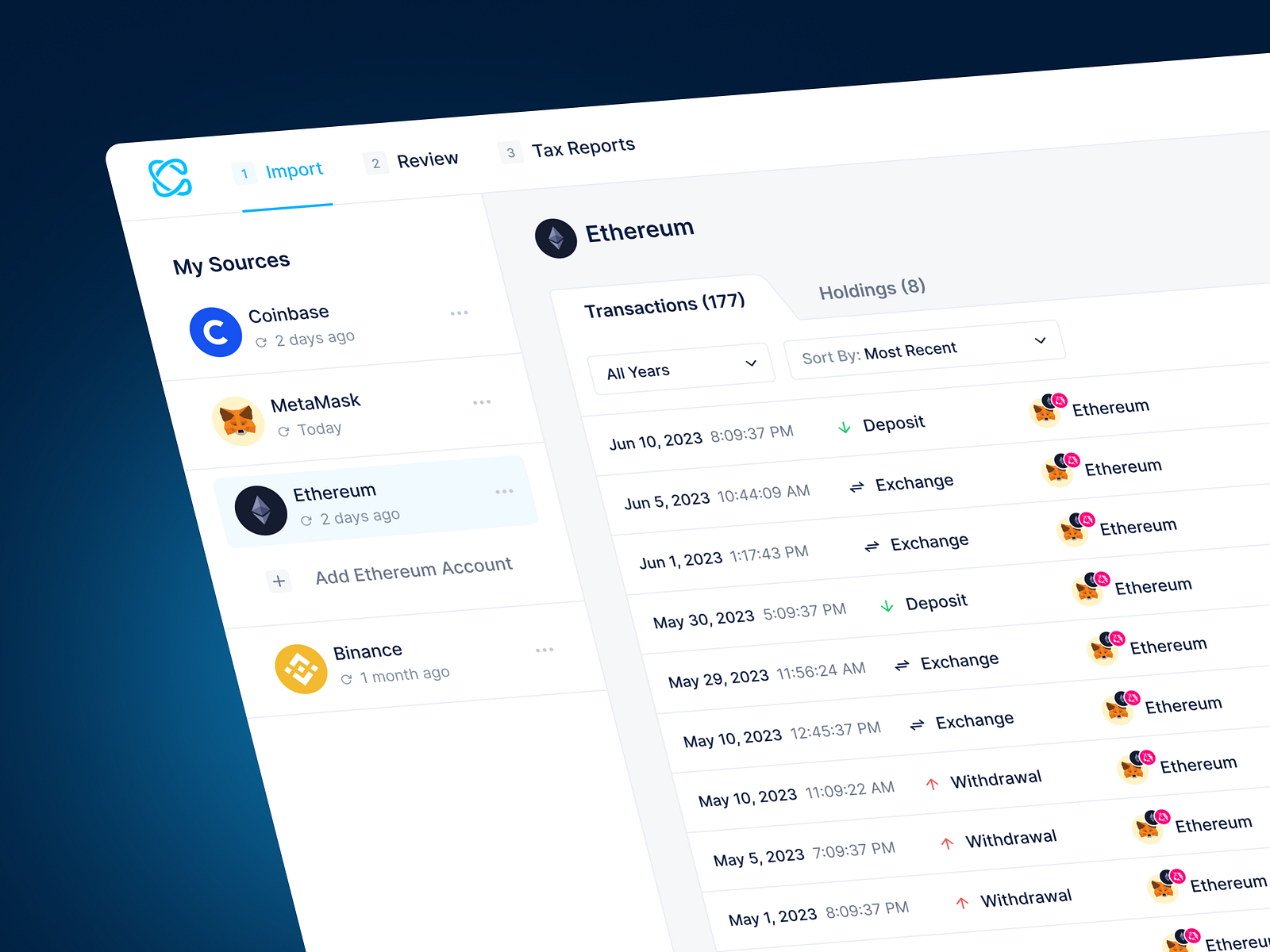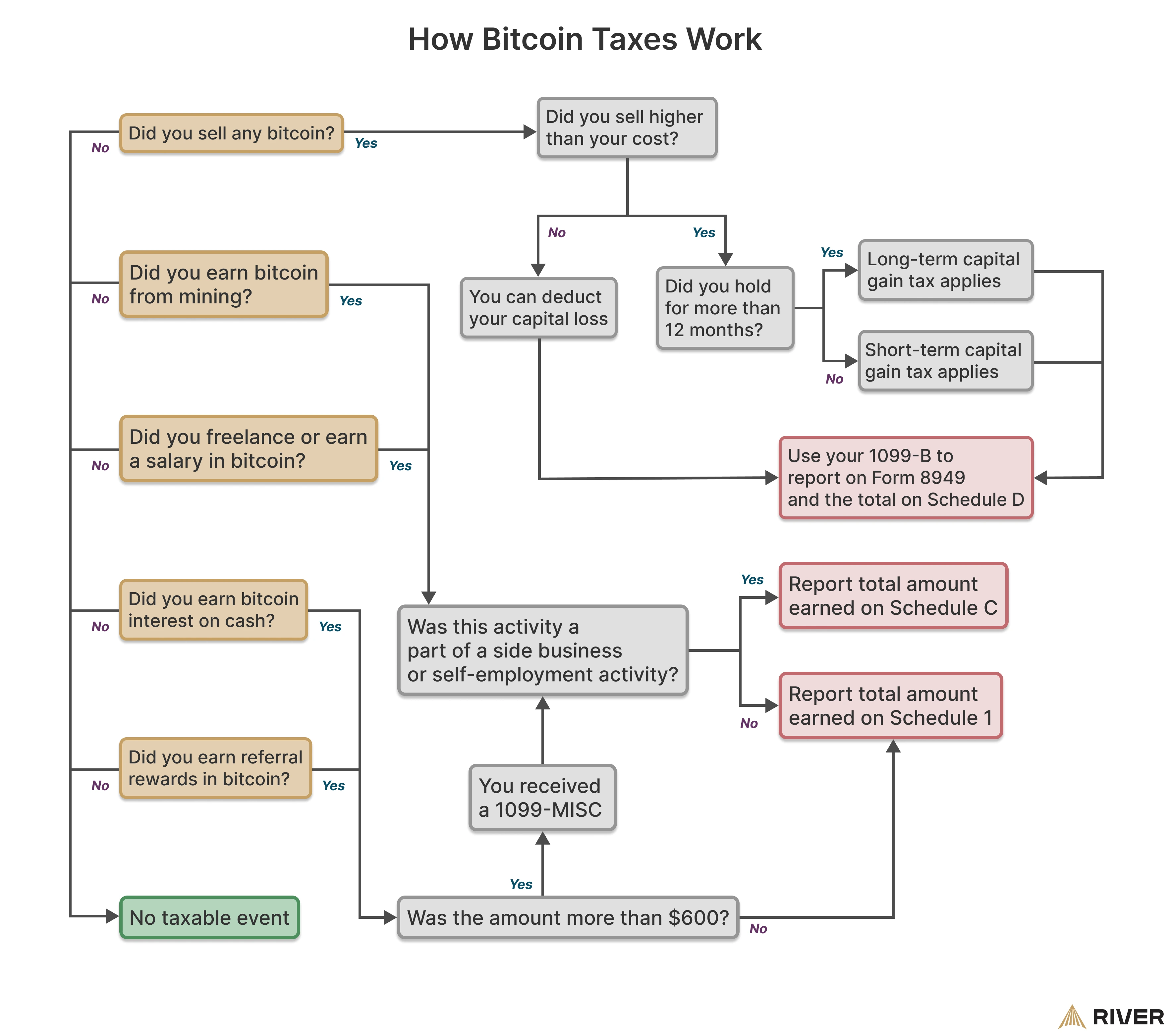Crypto taxes are a fucking nightmare. Between tracking thousands of transactions, calculating cost basis for every trade, and figuring out what the IRS actually wants, most people just want to quit trading entirely. CoinLedger was born in 2018 (originally called CryptoTrader.Tax) when three guys got sick of manually calculating their own crypto taxes after running arbitrage bots. By September 2025, after seven years of development and dealing with every possible edge case crypto can throw at tax software, they've built something that actually works for most scenarios.
Here's the deal: CoinLedger connects to your exchanges and wallets, imports your transaction history, and spits out the tax forms you need. When it works, it saves you from manually entering 5,000+ transactions. When it doesn't work... well, that's where things get interesting.

Why Crypto Taxes Make You Want to Scream
Here's what actually happens when you try to do crypto taxes. You've been trading crypto for two years. You used Coinbase, then moved to Binance for lower fees. You tried some DeFi on Uniswap, bridged to Polygon for cheap transactions, minted some NFTs that are now worthless, and got airdropped 47 different shitcoins from random protocols.
Now it's tax season. The IRS wants to know about every single transaction. Not just your profits - EVERY. SINGLE. TRADE.
Transaction nightmare: If you're actually active in crypto, you'll have thousands of transactions. I'm talking 5,000+ if you touched any DeFi protocols, maybe more if you were really going hard in 2021. Each Uniswap trade can create 3-4 separate taxable events. One DeFi yield farming session can generate 100+ transaction entries that need manual classification.
Cross-platform clusterfuck: Your crypto is scattered across Coinbase, maybe Binance, your MetaMask, and whatever random shit you tried once. Binance API randomly throws Error 429: Request rate limit exceeded during peak times. Your MetaMask has 247 worthless NFT airdrops mixed in with real transactions. That Arbitrum bridge from July? Still showing as "pending" because of a failed transaction that cost you $82 in gas. Good luck manually aggregating that data without missing anything important.
DeFi makes no fucking sense: Traditional tax software thinks DeFi is just "buying and selling." Wrong. Yield farming, liquidity provision, wrapping tokens, claiming rewards - each creates taxable events with unclear categorization. The IRS guidance is basically "figure it out yourself."
Gas Fees Will Destroy Your Sanity: Every Ethereum transaction has gas fees that need to be added to your cost basis. Miss these and your calculations are fucked. CoinLedger automatically tracks gas fees, which honestly saves your mental health more than your money.
How This Thing Actually Works (Spoiler: Sometimes It Doesn't)
CoinLedger connects to 500+ exchanges through read-only APIs - though I think half of those "integrations" are just CSV upload templates. The big exchanges (Coinbase, Binance, Kraken) work great. Smaller exchanges? Your mileage may vary. Some APIs randomly stop working or rate-limit you into oblivion.
Here's what happens when everything works (big if):
- Connect your exchange accounts (takes 5 minutes if you follow directions, 2 hours if you don't)
- CoinLedger imports your transactions (usually takes 10-30 minutes, or times out and you retry)
- It attempts to categorize everything automatically (breaks if you have complex DeFi histories with weird protocols nobody's heard of)
- You spend 2 hours fixing the shit it got wrong (maybe more if you did weird DeFi stuff)
- Download your tax forms and pray they're accurate
Production Horror Story: During March 2025, CoinLedger's processing engine shit the bed when trying to import Uniswap V3 stuff. CoinLedger was down for half the day during peak tax season. All I know is I couldn't access my tax data right before the deadline and had to file an extension. Error message was useless: Internal server error - please try again later. Cost me an extension and $150 in accountant fees.
What CoinLedger Tries to Do:
- Calculate cost basis using FIFO, LIFO, or specific ID methods
- Identify if transactions are trades, transfers, staking rewards, or airdrops
- Track DeFi protocol interactions (this is where things get messy)
- Link gas fees to transactions (works 90% of the time)
- Generate capital gains/losses for taxable events
- Create income reports for staking and mining rewards

Reality Check: CoinLedger will miss transactions. Professional tax attorneys report that every crypto tax software misses stuff. Users in 2025 crypto tax discussions continue to report missing transactions and calculation errors across all platforms.
The software can't always tell if an airdrop is legitimate or spam. Some DeFi transactions show up as dozens of separate entries that need manual review. But hey, it's still better than doing it by hand.
The Bottom Line on CoinLedger
So does CoinLedger actually make crypto taxes suck less? Yeah, it does. It's not perfect, but it's probably your best option unless you enjoy spending weekends manually categorizing DeFi transactions. The software handles basic crypto trading well and does better than competitors at DeFi complexity.
What CoinLedger Gets Right:
- Connects to most major exchanges without hassle
- Automatically tracks gas fees (this alone saves hours)
- Handles basic DeFi better than most alternatives
- Actually generates downloadable tax forms (shocking, I know)
Where It Falls Short:
- Can't import from wallets via API like MetaMask - you need CSV files or wallet scans
- DeFi transaction classification gets messy and needs manual review
- Ironically doesn't accept crypto payments for their crypto tax software
- Will miss transactions, especially from smaller exchanges or complex protocols
Most crypto users end up with CoinLedger because the alternatives suck worse. Koinly has better DeFi support but costs more. CoinTracker is cheaper but has limited functionality. TokenTax charges $3,500+ for features you don't need.
As of September 2025, if you have more than 100 transactions annually, CoinLedger is probably worth the $99. If you're doing complex DeFi or have 3,000+ transactions, plan to spend time manually fixing categorizations regardless of which tool you use - I'm talking hours, not minutes. The 2025 tax season has seen increased IRS scrutiny on crypto reporting, which makes accurate software more crucial than ever (or at least that's what they're claiming).
Anyway, let's talk about what this shit actually costs...

